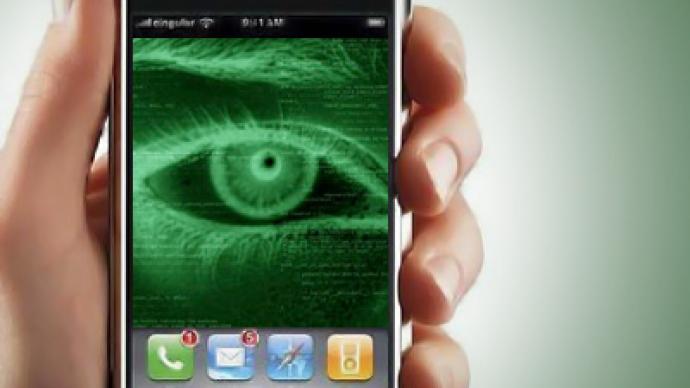Timothy Carpenter specialized in stealing cellphones, the same devices that betrayed him. Based on four months of cellphone location data from the companies that provided Carpenter’s mobile phone service, the FBI placed him near four stores while they were being robbed.
Carpenter argues that the FBI should have obtained a warrant before looking at those records. His case, which the Supreme Court will hear today, gives the justices a chance to reconsider a misbegotten and increasingly obsolete rule that threatens everyone’s privacy in an age when people routinely store large volumes of sensitive personal information outside their homes.
That rule, as summarized by the Court in a 1976 case dealing with bank records, holds that “the Fourth Amendment does not prohibit the obtaining of information revealed to a third party and conveyed by him to Government authorities, even if the information is revealed on the assumption that it will be used only for a limited purpose.” The “third-party doctrine” means the Fourth Amendment’s ban on unreasonable searches and seizures imposes no restrictions whatsoever on the government’s power to examine the most intimate details of your life should you be foolhardy enough to entrust them to someone else.
Read more at Reason Magazine.
































